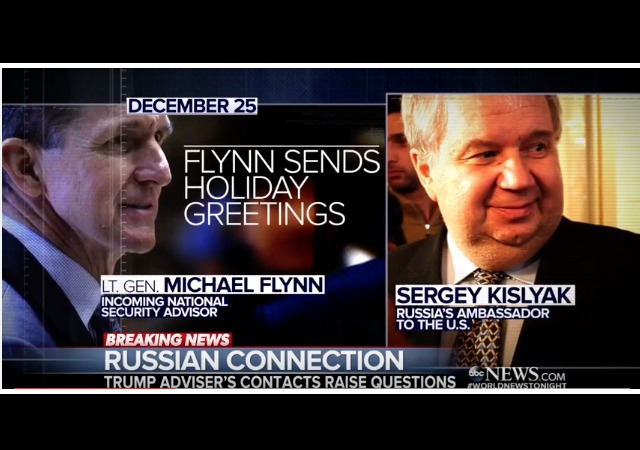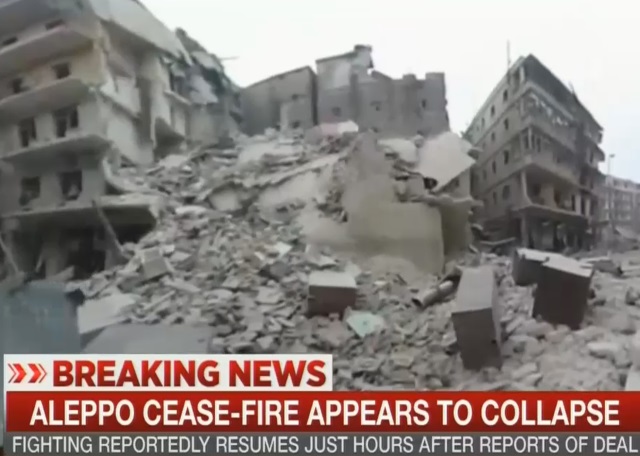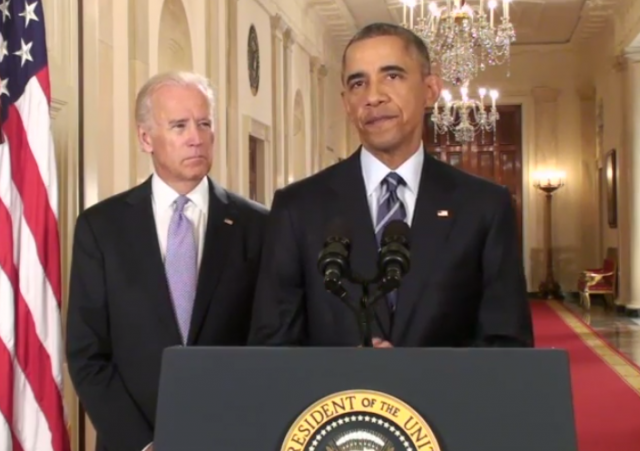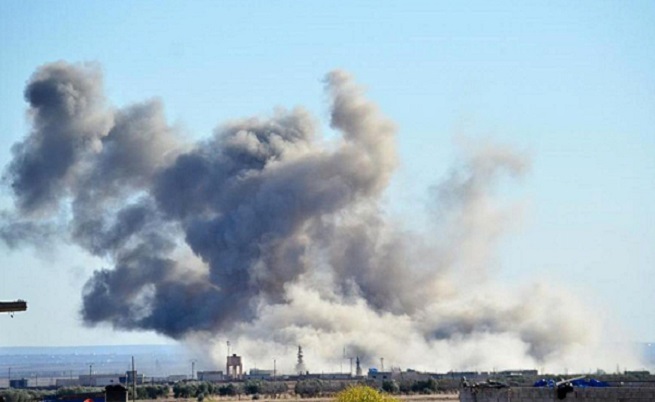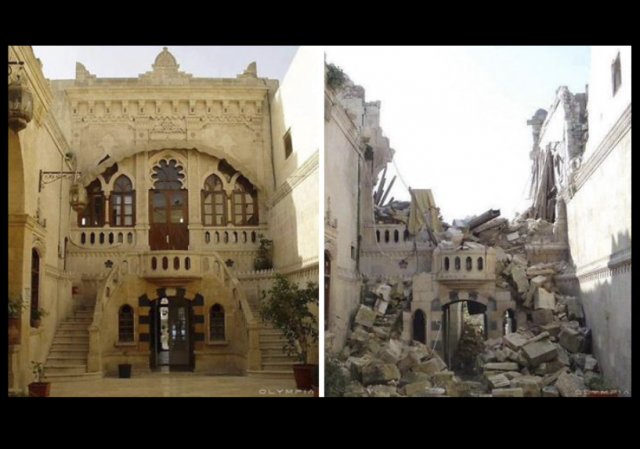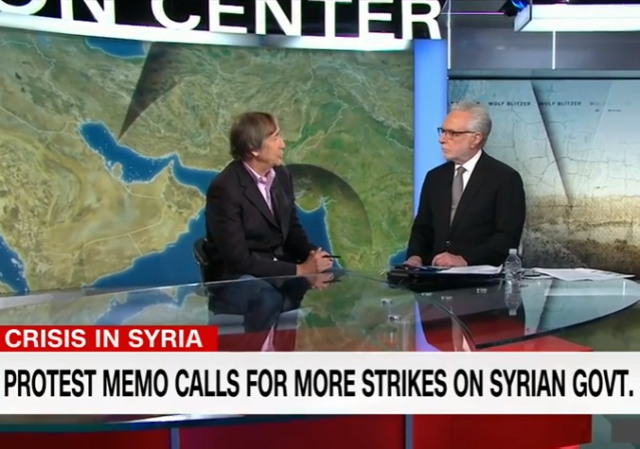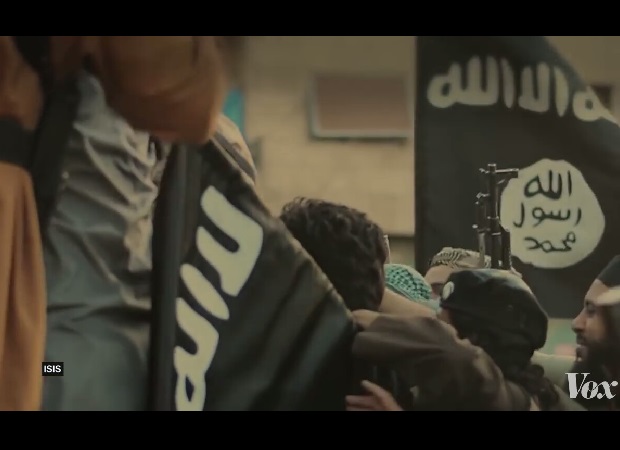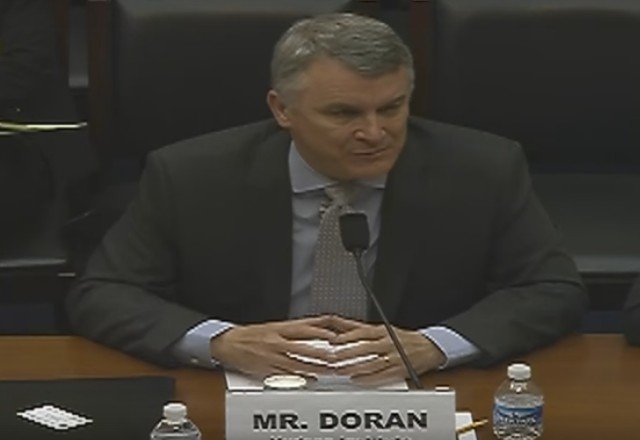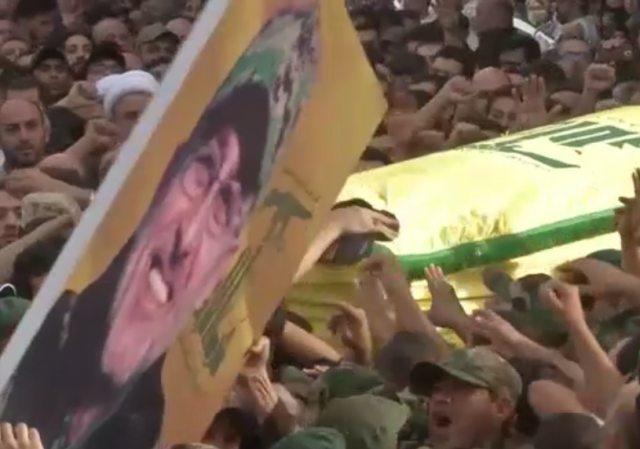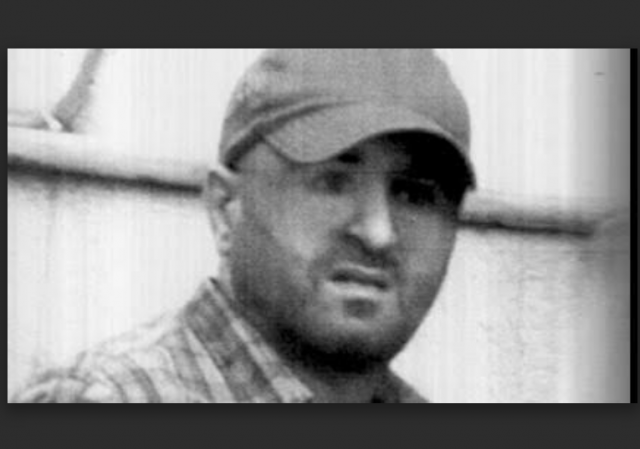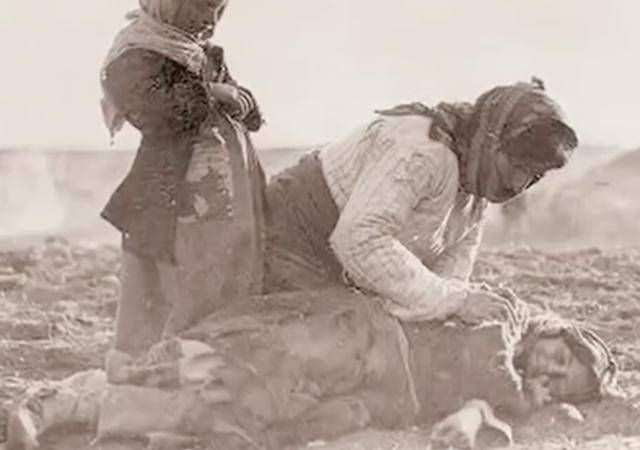Oh Snap! Russia Asks Trump Admin to Attend Syria Peace Talks
on January 14, 2017
21 Comments
Trolls gonna troll and who owns the title as World's Biggest Troll? Russian President Vladimir Putin! And the troll strikes again. Russia has invited President-elect Donald Trump's administration to participate in Syrian peace talks with Turkey and Iran later this month.
I can hear everyone's head explodes as they use this as more evidence of a cozy relationship between him and President-elect Donald Trump.
Or Putin has simply just latched onto the hysteria and wants to cause even more problems.

